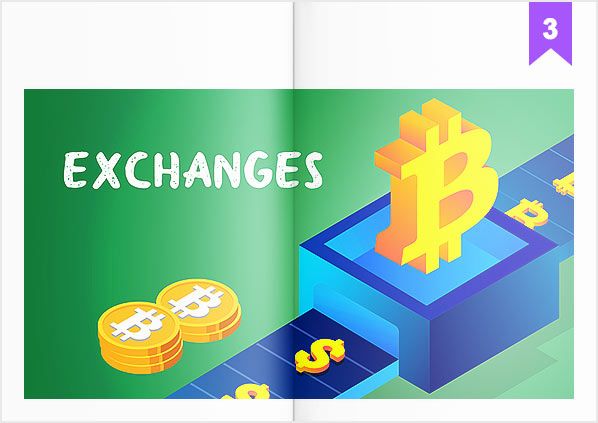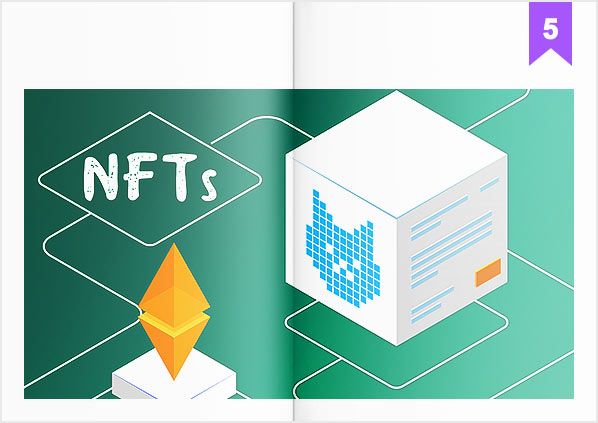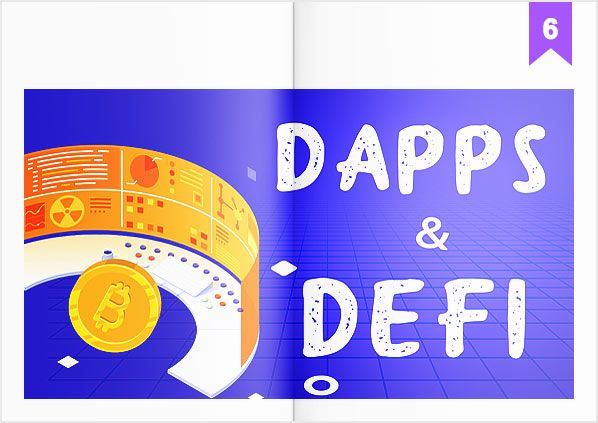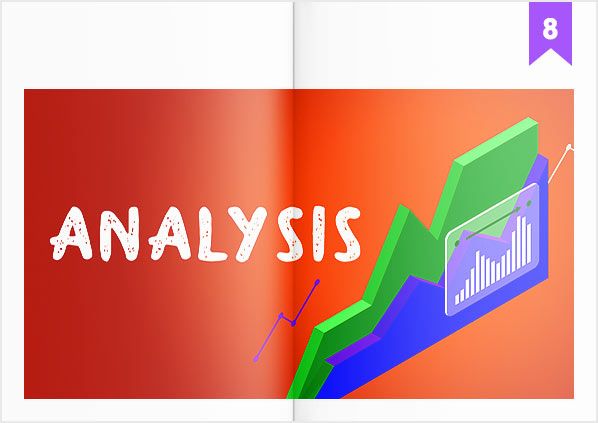Crypto Terms: Letter F
What is Formal Verification?
Formal Verification -
a way of validating the properties of the blockchain protocols and cryptographic algorithms by employing mathematical proofs.
Easy
1 minute
Let's find out Formal Verification meaning, definition in crypto, what is Formal Verification, and all other detailed facts.
Formal verification takes place when verifying certain features of blockchain mechanisms and cryptographic algorithms, by using mathematically valid proofs. In other words - checking the behavior of a system.
In contrast to manual security checks, formal verification evaluates the complete code and logically assures that your software only functions as planned.









